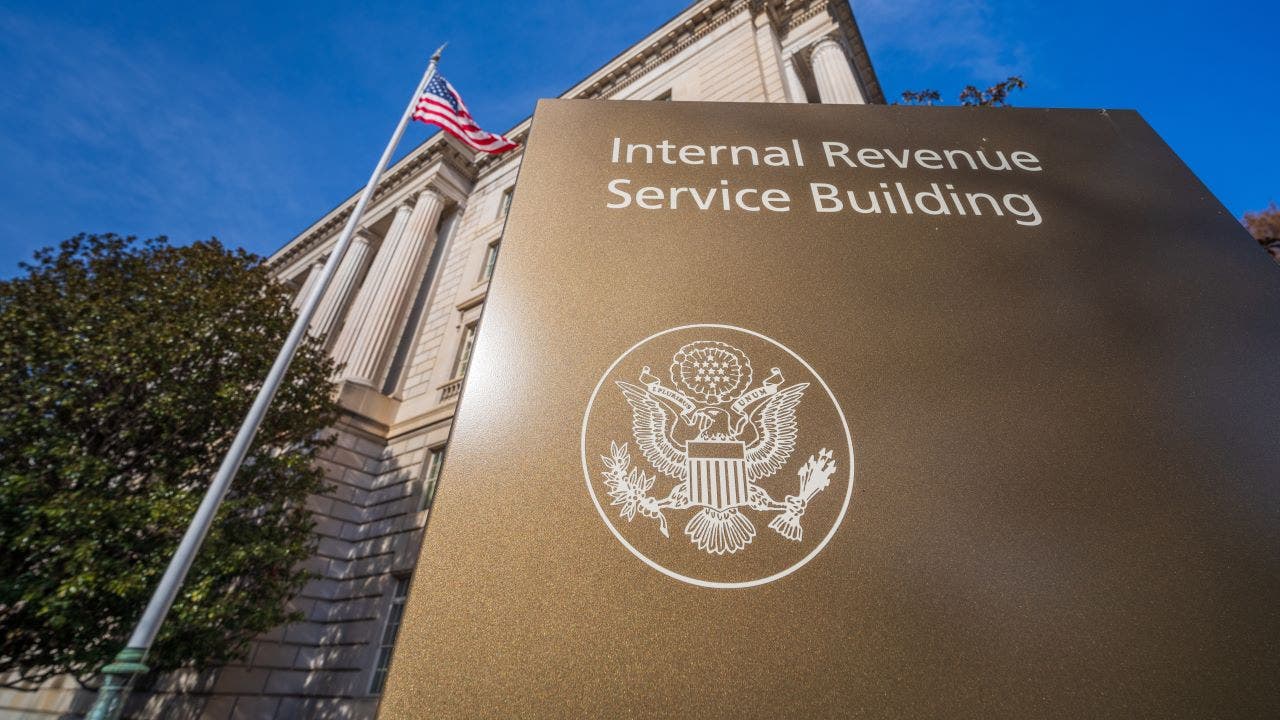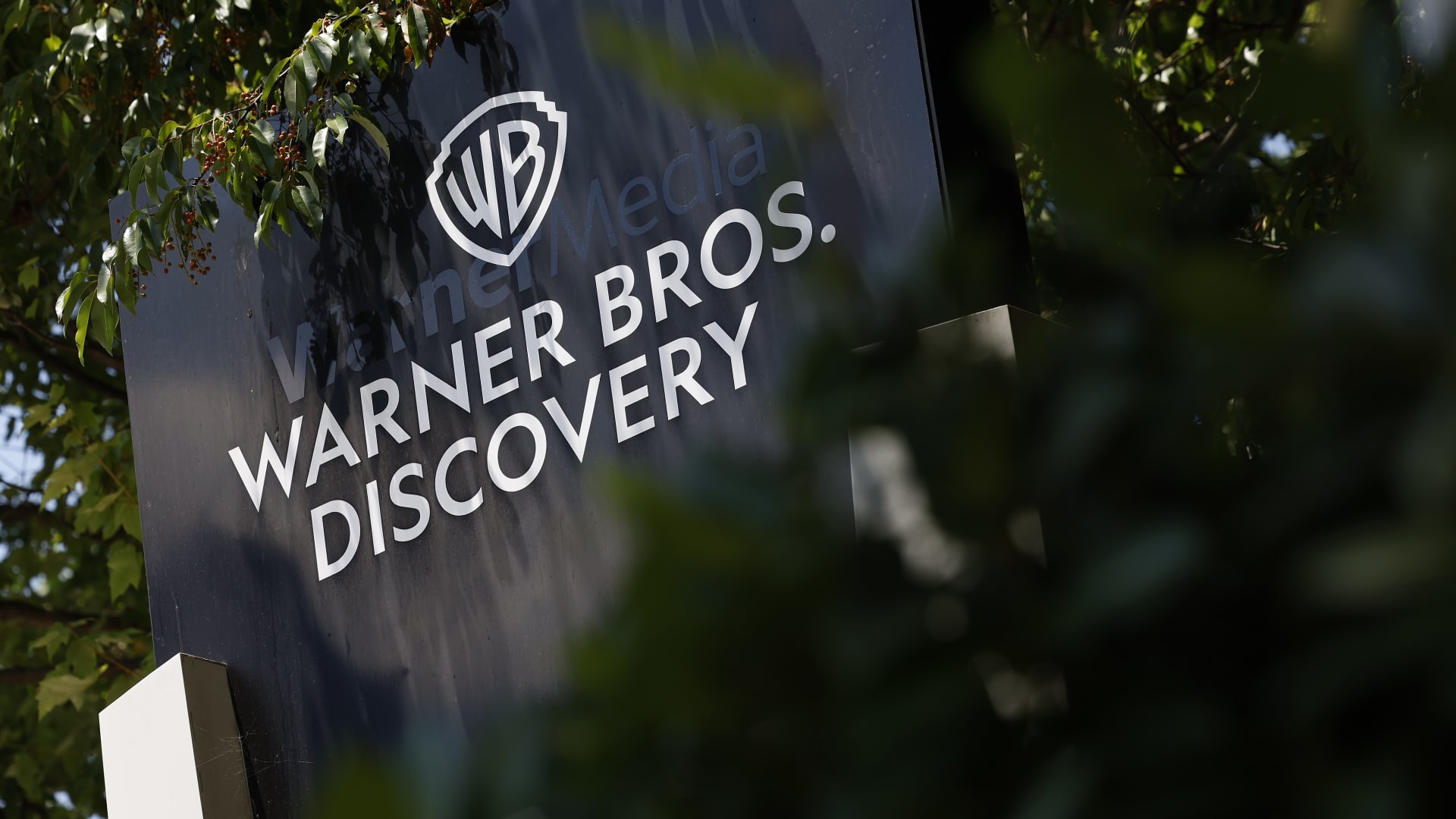Check out what’s clicking on FoxBusiness.com.
A few years ago, a heart-wrenching story from New Jersey captured the nation’s attention. A couple, Katelyn McClure and her boyfriend launched a fundraiser to help a homeless man claiming he had used his last $20 to assist McClure when she ran out of gas. The tale struck a chord with thousands, leading to an overwhelming response on GoFundMe where donors contributed a staggering $400,000. However, this touching story soon unraveled, exposing a shocking scam. The money disappeared, and it was revealed that the couple had fabricated the entire narrative. Their deception ultimately landed them both in prison, serving time for their fraudulent actions.
This cautionary tale highlights the need for doing copious research when donating to charitable causes, particularly during the holiday season when people are most inclined to give. While countless organizations and individuals genuinely need help, there are also those who exploit goodwill for personal gain. To ensure your donations make a real difference, here are some essential tips to avoid scams and protect your generosity.
1. Verify charitable status with the IRS
Before donating to any organization, start by confirming its legitimacy through the IRS’s Tax-Exempt Organization Search tool. This resource allows you to check whether the charity is recognized as a tax-exempt entity under Section 501(c) of the Internal Revenue Code.
SAVE MONEY THIS HOLIDAY SEASON WITH WRAPPING TIPS YOU CAN MASTER AT HOME
Additionally, confirm that the organization is eligible to receive tax-deductible contributions. These two questions — whether the organization is tax-exempt and whether your donation is deductible — are critical in ensuring your funds go to a legitimate cause. If the answers to these questions are unclear, it’s better to hold off on donating.
Check with the IRS if you want to determine if the donation you are making is tax-deductible. | The U.S. Flag flies above the International Revenue Service headquarters building on January 3, 2024, in Washington, D.C. (Photo by J. David Ake/Getty Images)
2. Research the charity’s financial practices
Charities often advertise claims such as “a portion of every dollar goes to…” which might suggest that your contribution directly supports their mission. However, a deeper look at the charity’s finances can tell a different story. To investigate further, review the organization’s Form 990, a document that provides detailed financial information. This form outlines how the charity allocates funds, including the proportion spent on programs versus administrative costs, and reveals executive compensation. Understanding these details ensures that your donation aligns with your values and expectations.
3. Differentiate between gifts and donations
Crowdfunding platforms like GoFundMe have revolutionized charitable giving, allowing individuals to support personal causes or emergency relief efforts. However, it’s essential to recognize that contributions made to these campaigns often do not qualify as charitable donations.
If the campaign organizer is not affiliated with a registered tax-exempt organization, your contribution is considered a gift and is not tax-deductible. To avoid confusion, always ask how the fundraiser is connected to the cause and how the funds will be used. This distinction between gifts and charitable donations can help manage expectations and prevent disappointment.
4. Use charity ranking resources
Several online platforms provide valuable insights into the legitimacy and effectiveness of charitable organizations. Charity Navigator is a popular website that evaluates charities based on financial health, accountability and transparency. It also offers resources such as trending charity lists, top ten rankings and donor tips.
Jeffrey Arthur Moynihan Jr., 56, was arrested Tuesday night and charged with grand theft. (Credit: Bradenton Police Department)
Similarly, GuideStar provides comprehensive information on nonprofits, including access to Form 990s and data on community foundations. By leveraging these tools, you can make informed decisions and ensure your contributions support reputable organizations.
GET FOX BUSINESS ON THE GO BY CLICKING HERE
5. Explore donor-advised funds
For a more strategic approach to charitable giving, consider using a donor-advised fund (DAF). This method allows you to contribute to a mutual fund company, securing a tax deduction for the calendar year. Your donation is invested and grows tax-free, giving you the flexibility to distribute grants to charities over time. DAFs are an excellent option for donors who want to maximize their tax benefits while maintaining control over how and when their funds are distributed.
6. Always request a receipt
Whether donating cash or non-cash items, always obtain a detailed receipt for your records. This step is especially crucial if you plan to itemize deductions on your tax return. For non-cash donations, you may need to complete Form 8283 to claim your deduction. Websites like satruck.org provide valuation guides for common items, helping you document their fair market value accurately. Keeping thorough records ensures compliance with tax laws and protects you in case of an audit.
Several online platforms provide valuable insights into the legitimacy and effectiveness of charitable organizations. Charity Navigator is a popular website that evaluates charities based on financial health, accountability and transparency. It also offers resources such as trending charity lists, top ten rankings and donor tips.
7. Protect yourself during the holiday season
Scammers often exploit the holiday season to take advantage of unsuspecting donors. For instance, the U.S. Postal Service never sends unsolicited text messages or emails containing tracking links unless you’ve specifically signed up for them.
CLICK HERE TO READ MORE ON FOX BUSINESS
Likewise, FedEx and UPS have resources on their websites to help distinguish legitimate communications from fraudulent ones. If you receive a suspicious message or fall victim to a scam, report it immediately to the FBI’s Internet Crime Complaint Center at www.ic3.gov.
Charitable giving has the potential to transform lives and create lasting positive change. By taking the time to verify the legitimacy of the organizations you support, you can ensure that your generosity reaches those who genuinely need it. As you spread kindness this holiday season, remain vigilant against scams to protect yourself and your contributions.
Ted Jenkin is CEO and co-founder of Oxygen Financial and president of Exit Stage Left Advisors.
CLICK HERE TO READ MORE FROM TED JENKIN

 Blog Post1 week ago
Blog Post1 week ago
 Personal Finance1 week ago
Personal Finance1 week ago
 Personal Finance1 week ago
Personal Finance1 week ago
 Personal Finance1 week ago
Personal Finance1 week ago
 Finance1 week ago
Finance1 week ago
 Economics1 week ago
Economics1 week ago
 Economics7 days ago
Economics7 days ago
 Economics3 days ago
Economics3 days ago










